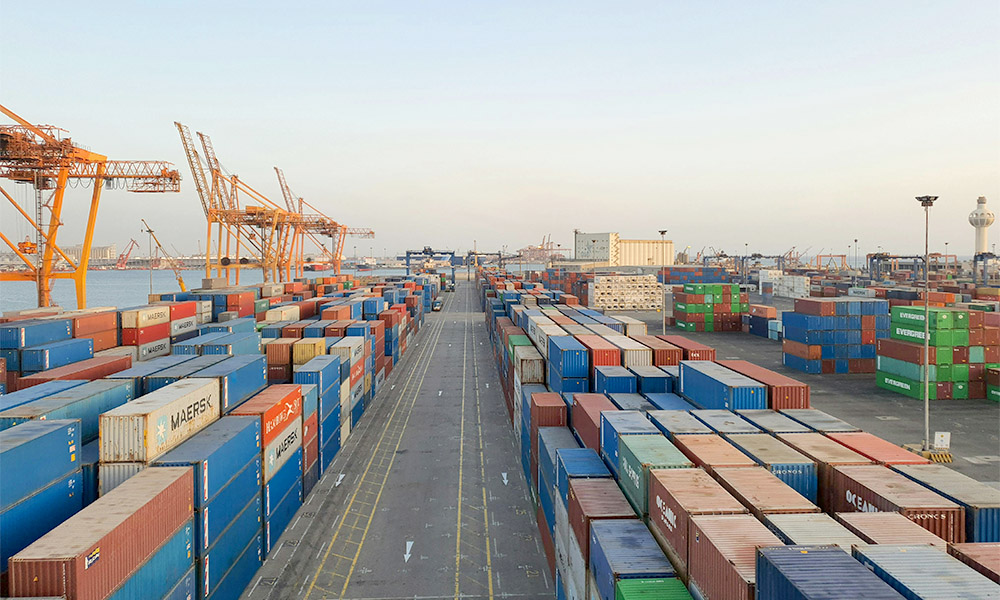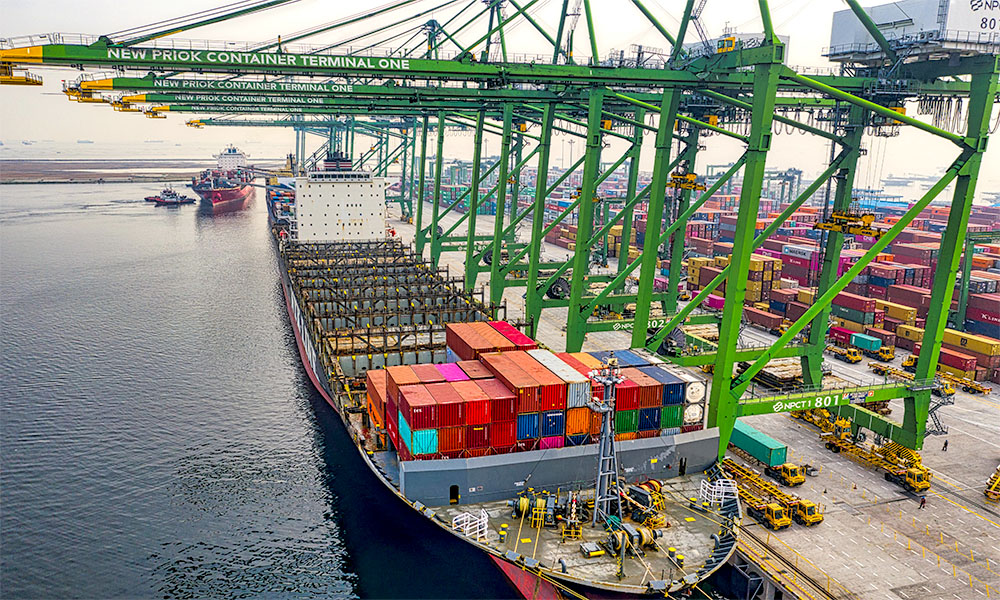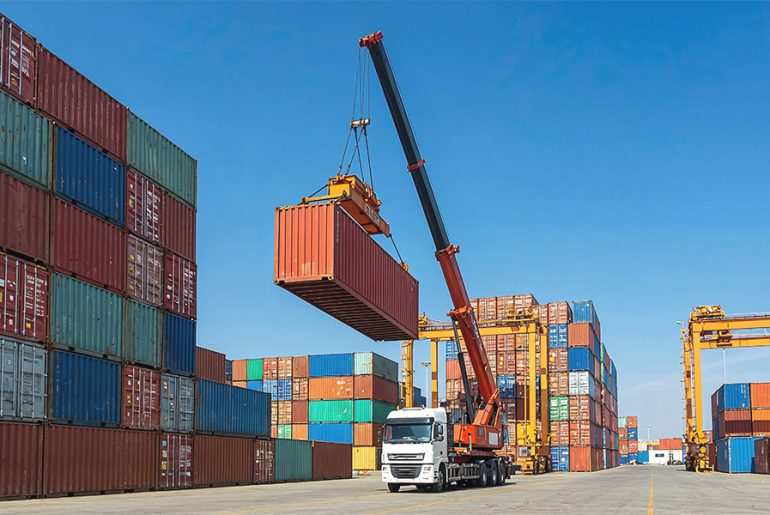Private freight terminals represent a crucial component of modern logistics infrastructure, offering businesses enhanced control over their supply chain operations. These specialized facilities provide companies with dedicated spaces for loading, unloading, and storing freight, creating significant operational advantages over traditional shared terminals.
Understanding Private Freight Terminals
A private freight terminal operates as an exclusive facility owned or leased by a single company or organization. Unlike public terminals that serve multiple clients, these dedicated spaces allow businesses to customize operations according to their specific requirements. Rail companies, manufacturers, and large distributors frequently establish private terminals to streamline their cargo handling processes.
The fundamental difference lies in operational control. Private terminals enable companies to implement their own scheduling systems, security protocols, and handling procedures without external interference. This autonomy translates into improved efficiency and reduced operational complexities that commonly plague shared facilities.
Core Operations and Infrastructure
Terminal Layout and Design
Private freight terminals feature strategically designed layouts optimized for specific cargo types and operational workflows. Loading docks, storage areas, and transportation corridors are positioned to minimize handling time and maximize throughput. Rail sidings connect directly to main railway lines, while truck loading bays provide seamless road transport integration.
Modern terminals incorporate advanced technology systems including automated sorting equipment, inventory management software, and real-time tracking capabilities. These technological investments enhance operational precision while reducing labor costs and human error rates.
Cargo Handling Procedures
Streamlined cargo management serves as the foundation for successful private terminal functionality. Established protocols direct freight flow patterns for both arrivals and departures, maintaining service standards and delivery schedules. Equipment including overhead cranes, material handling vehicles, and automated transport systems enables swift cargo transitions across multiple shipping methods.
Quality control checkpoints verify cargo condition and documentation accuracy before dispatch. This systematic approach minimizes damage claims and ensures customer satisfaction while maintaining operational schedules.
Staffing and Management
Private terminals employ dedicated workforce teams trained specifically for their operational requirements. Unlike shared facilities where staff may handle various client needs, private terminal employees develop specialized expertise in their company’s particular cargo types and procedures.
Management structures typically include terminal supervisors, logistics coordinators, equipment operators, and security personnel. This focused staffing model ensures consistent service quality and operational reliability.
Operational Benefits
Enhanced Scheduling Control

Private terminals eliminate scheduling conflicts common in public facilities. Companies can prioritize urgent shipments, extend operating hours when needed, and coordinate deliveries according to their production schedules. Such adaptability becomes especially beneficial during high-demand periods or urgent operational scenarios.
Direct control over scheduling reduces waiting times for trucks and rail cars, improving overall supply chain velocity. Transportation partners appreciate predictable schedules that enable better resource allocation and route planning.
Improved Security Measures
Dedicated terminals allow implementation of customized security protocols tailored to specific cargo requirements. High-value or sensitive shipments benefit from restricted access controls, surveillance systems, and specialized handling procedures that may not be feasible in shared environments.
Companies can screen all personnel accessing their facilities and maintain detailed records of cargo movements. This enhanced security reduces theft risks and ensures compliance with industry regulations or customer requirements.
Customized Infrastructure
Private terminal owners can modify infrastructure to accommodate unique operational needs. Specialized storage facilities, climate-controlled areas, or hazardous material handling capabilities can be implemented without considering other users’ requirements.
Equipment selection reflects specific operational demands rather than general-purpose solutions. This targeted approach maximizes efficiency while minimizing unnecessary costs associated with oversized or inappropriate equipment.
Financial Advantages
Cost Control and Predictability
Private terminals provide predictable operational costs compared to variable fees charged by public facilities. Long-term budget planning becomes more accurate when companies control their terminal expenses directly. Usage-based charges, peak-time premiums, and service fees that fluctuate with public terminal policies are eliminated.
Operational efficiency improvements typically offset initial investment costs over time. Reduced handling times, lower damage rates, and improved inventory management contribute to overall cost savings.
Revenue Generation Opportunities
Some private terminal owners generate additional revenue by leasing excess capacity to compatible businesses during off-peak periods. This approach maximizes facility utilization while creating supplementary income streams.
Value-added services such as cargo consolidation, temporary storage, or specialized handling can be offered to partners or customers, creating new business opportunities beyond basic terminal operations.

Strategic Business Impact
Supply Chain Integration
Private terminals strengthen supply chain integration by eliminating external dependencies that can disrupt operations. Direct control over cargo handling timing and procedures enables better coordination with production schedules, inventory management, and customer delivery commitments.
JIT manufacturing systems gain significant advantages from this coordination, as exact scheduling remains critical for success. Reduced lead times and improved reliability support lean inventory strategies while maintaining service quality.
Competitive Differentiation
Companies operating private terminals often achieve competitive advantages through superior service reliability and flexibility. Customer confidence increases when businesses demonstrate control over their logistics infrastructure and delivery capabilities.
The ability to accommodate special handling requirements or rush orders without external approval processes enhances customer relationships and supports premium pricing strategies.
Conclusion
Private freight terminals deliver substantial operational and financial benefits for businesses handling significant cargo volumes. Enhanced control over scheduling, security, and infrastructure enables companies to optimize their logistics operations while reducing costs and improving service quality. The initial investment in private terminal facilities typically generates positive returns through increased efficiency, reduced external dependencies, and improved competitive positioning. For organizations serious about supply chain optimization, private freight terminals represent a strategic investment that supports long-term business growth and operational excellence.






